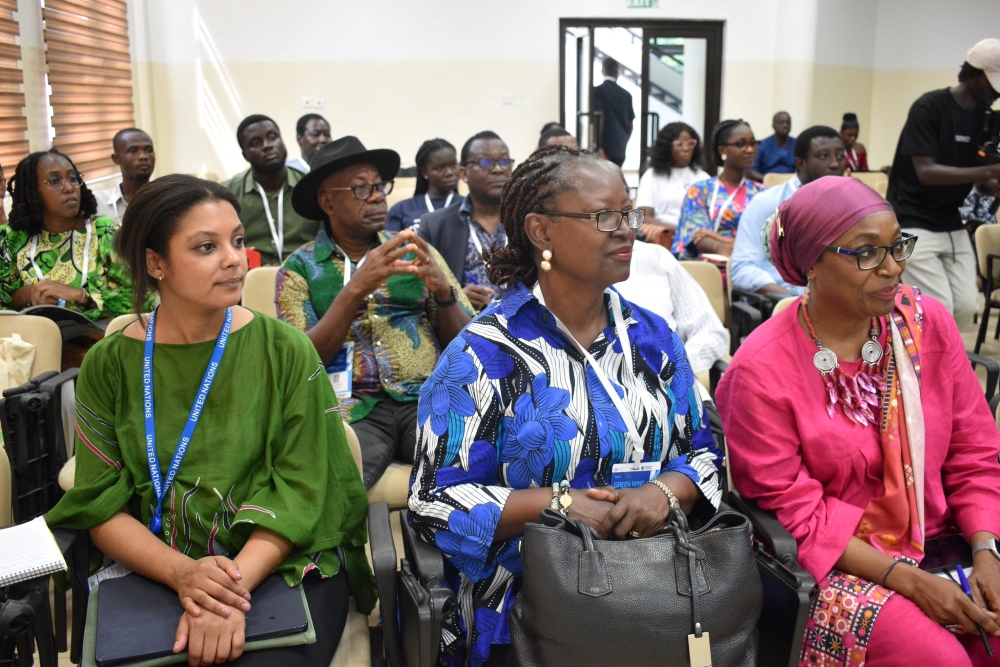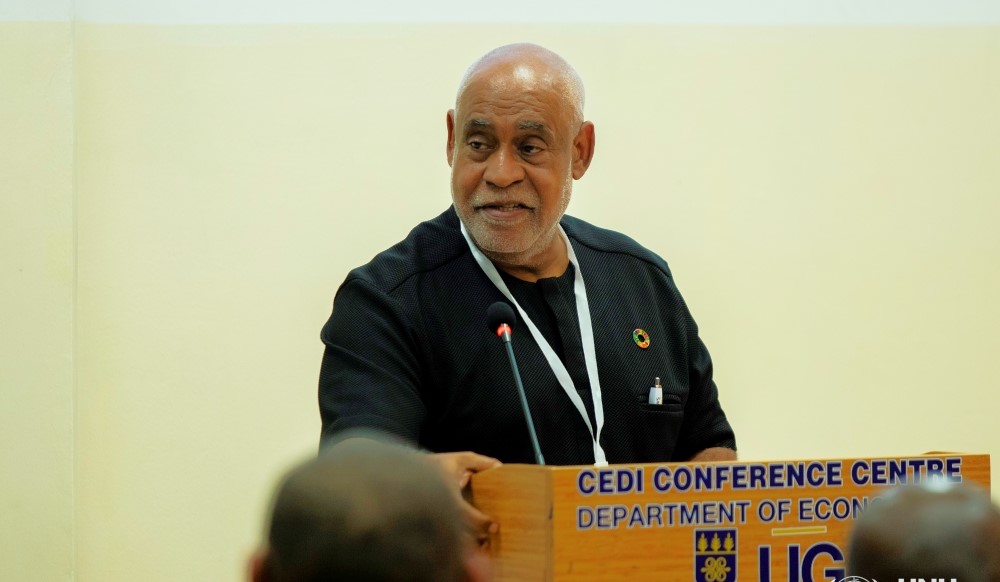By Albert Oppong-Ansah
Accra, June 30, GNA - Mr Charles Abani, the United Nations Resident Coordinator in Ghana, says developing and developed countries must adopt win-win approaches to achieving sustainable development.
The west, he explained, must move away from narrow interests, pursue equity-based models, and address responsible production and consumption.
Developing countries must also take responsibility, ensure policy congruence, adopt an investment mindset, and leverage indigenous knowledge and technology, Mr Abani said at a forum held in Accra.

The forum was jointly organised by the United Nations Ghana, United Nations University – Institute for Natural Resource in Africa, and University of Ghana under the theme, “Green Wins Fostering a Better Dialogue Towards Sustainable, Inclusive Natural Resource Governance”.
Mr Abani recommended to the global south and the west to work together to foster a better dialogue towards sustainable, inclusive natural resource governance to create a future that benefited all.
“And that can come sooner than we currently predict and avert the looming crisis and potential catastrophe…with the right mindset, deployment of the right capacities, amplifying accountability, and investing in the most catalytic and transformative opportunities – collaboratively,” he said.
The UN Coordinator stated that the impact of the triple planetary crisis climate change, biodiversity loss and waste could not be overstated and that the world needed a comprehensive strategy to address them.
He said, “The developing countries have lower emissions but are abundant with natural resources needed for green transitions, while the west has technology and resources to facilitate the transition but are saddled with transition costs of high carbon-dependent models.”

Mr Abani suggested that both sides must bear costs, explaining that developed countries which were historical emitters must retrofit and transition more, while developing countries bearing the higher impacts must adapt more as well as grow greener.
“Engage in honest and transparent conversations and create scenarios that enable trade-offs to not lock each other in perpetual traps,” he said.
Dr Christen Asare, a former Director at the Environmental Protection Agency, said Ghana’s natural resources and environmental governance structure must be reviewed to ensure they were well integrated to ensure green wins.
“Most government agencies are working in silos and this does not promote environmental sustainability. The EPA bill is still stuck in Parliament because climate change has been included in the bill but other agencies think they have a role to play so it should not be under EPA,” she said.
Dr Asare noted that sustainability had become a buzz word but not being practised citing the diverse actors involved in illegal mining despite its attendant impact on natural resources.
GNA